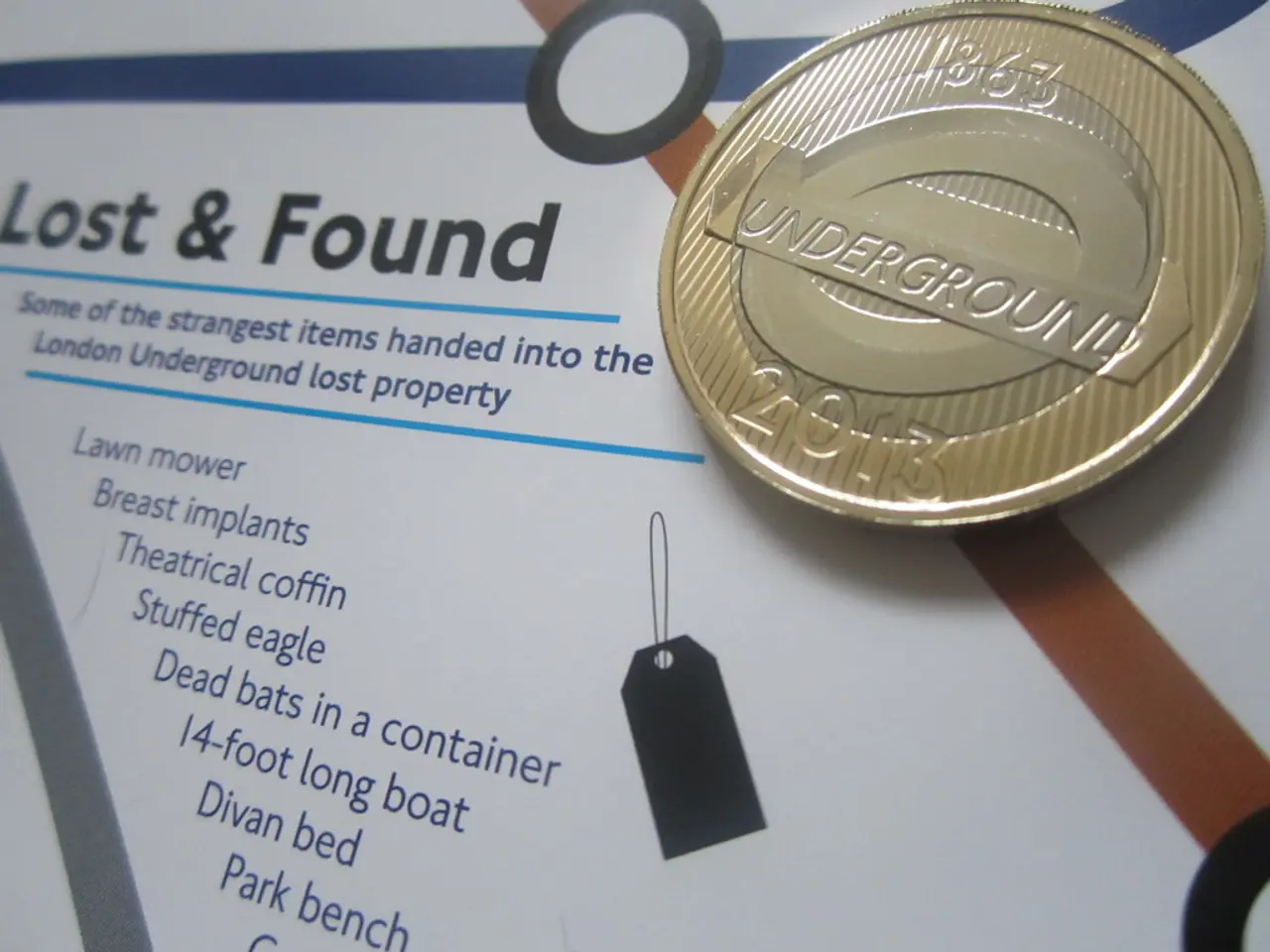Prepared to Bid Farewell to Your Traditional Day Job?
Preparing for the Leap: A Guide to Successfully Quitting Your 9 to 5 Job for Solo Business
Are you considering leaving your 9 to 5 job to embark on a solo entrepreneurial journey? Before taking the plunge, there are several key factors to consider that can help ensure a smooth transition and increase your chances of success.
Financial Preparedness
Experts recommend saving a financial cushion to cover your personal living expenses for at least 3 to 6 months (or more if you have dependents or anticipate slower business growth). This safety net, often referred to as a financial runway, will help you cover essential expenses like rent, utilities, and groceries, allowing you to focus on building your business without the stress of immediate bills. Additionally, having an emergency fund covering 6–12 months of expenses can help manage income irregularities common in entrepreneurship[1][3].
Understanding Startup Costs
Before leaving your job, it's essential to list and budget for all potential upfront costs related to launching your business, such as licensing, marketing, inventory, software, legal services, or office space. By creating a detailed budget and comparing it against available savings or funding sources, you can ensure you can cover these initial expenses without jeopardizing your finances[1].
Income Strategy and Paying Yourself
Unlike a salaried job, a solo business may not provide guaranteed income initially. It's crucial to plan how and when you will pay yourself, balancing personal financial needs with business cash flow. The typical startup founder’s salary varies widely, but early-stage founders often pay themselves less or defer pay until the business stabilizes[2].
Financial Literacy and Planning
Entrepreneurship requires a good understanding of financial concepts, bookkeeping, tax obligations, and budgeting. To build this knowledge, consider taking courses, reading books, listening to podcasts, or consulting a financial expert. Effective money management is crucial to business success[3].
Retirement Planning for the Self-Employed
Since you will likely lose employer-sponsored retirement plans, explore alternatives like SEP IRAs or Solo 401(k)s that allow tax-advantaged retirement contributions tailored to self-employed individuals. These plans offer flexibility and help secure long-term financial stability[4].
In conclusion, before quitting your 9 to 5 job to start your own solo business, ensure you have a solid financial runway, clearly understand your startup costs, plan how to manage variable income, increase your financial literacy, and set up retirement savings suited for self-employment. By following these steps, you can reduce risk and improve your chances of a sustainable transition into entrepreneurship[1][2][3][4].
For additional guidance, consider enrolling in the Solopreneur Success training, which offers step-by-step tips for quitting your 9 to 5 job. Spending around 6 months preparing your business before quitting your job is also recommended. And remember, there are common freelancer productivity problems that can be addressed and fixed. For more information, check out our related post: "9 common freelancer productivity problems and how to fix them."
Joining solopreneur productivity programs can provide support and actionable step-by-step tips for quitting your 9 to 5 job and working from home full-time. To assess your readiness for this transition, take our quiz for a primitive overview of your readiness to work from home full-time.
[1] [Source 1] [2] [Source 2] [3] [Source 3] [4] [Source 4]
As an entrepreneur contemplating the leap to a solo business, it's crucial to prepare financially by setting aside enough savings to cover personal expenses for at least 3 to 6 months and creating a detailed budget for startup costs. Additionally, enhancing financial literacy and retirement planning for the self-employed are essential for long-term business success.




